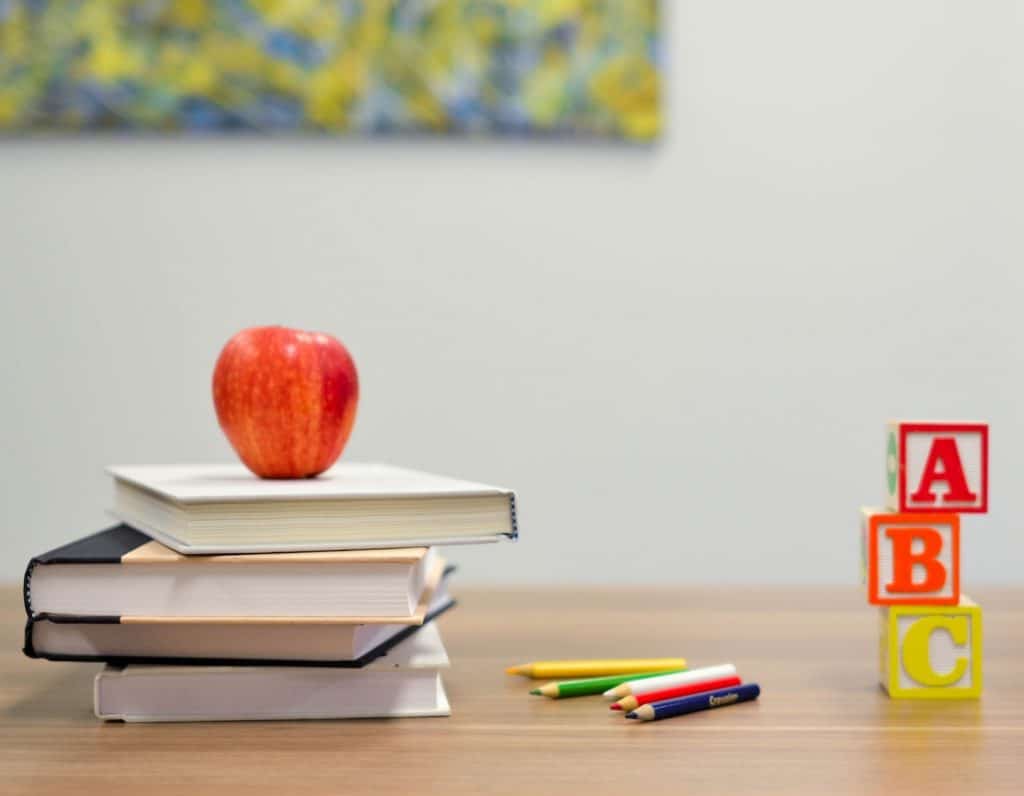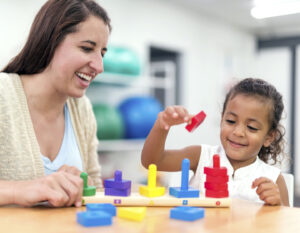

Spelling Bee
There is no doubt that spelling is important, yet I’ve lost count of the amount of times children have turned around to me and told me the spell check on their computer will correct them if they are wrong. Children view the need for correct spelling as an old fashioned ideal that technology can support them with.
To a point they are correct. We are fortunate that we can now ensure documents feature all the correct spellings and that this can be ratified at the touch of a button. But the need for correct spelling shouldn’t be underestimated. There are always the exceptions to the rule that the spell check misses. What’s more, good spelling increases children’s vocabulary and their reading ability.
Read more: Instilling a Love for Reading: How to Raise a Reader
Focus on spelling also develops a child’s cognitive skills as they concentrate and memorise unfamiliar words. Here are ten tips to ensure your child is the spelling bee champion every time.
-
Ensure children recognise the importance of spelling
Children will want to become better spellers if they realise its importance. You can do this by praising their spelling at any time and ensuring they acknowledge the value you place on it. You can also show them funny examples of bad spelling online – there are plenty of examples out there that make for some cringeworthy reading! Look for familiar words when you are out and about or when you are reading together and comment on spelling patterns or rhymes that illustrate how words are spelt.
-
Practice, practice, practice
When it comes to anything in life, the best way to progress is to practice. However, practicing spelling is not exactly most children’s idea of fun. To make it more exciting; practice spellings in the sand at the beach or in flour spread onto a kitchen table. Cut out the letters from the words and mix them up and make games to put the words together correctly. Play matching games with key words that they are learning to help them become familiar with words they are learning to spell. The more they see the word, the more they will commit it to memory.
-
Acrostics
For years, every time I wrote the word “beautiful” I word say to myself, “Boys eat apples until tummy is ‘ful’”. It was an easy acrostic and I remembered it throughout school. There are many more for difficult spellings but if you can’t find one then make up your own. The sillier the better, as these are easier to remember.
-
Sentences
Another trick is to make up sentences that will help children remember words. Make up silly sentences that include the word you are trying to spell then write the sentence down and say it out loud. Silly sentences or sentences that mean something to the child will help them to recall the word later. The more fun the activity, the more likely your child is to engage with it.
-
Look, cover, say, write
One of the simplest ways to learn the spellings of words is to look at it, cover it up and write it from memory. Start by writing the word correctly by copying it. Look at the word carefully and commit any difficulties to memory. Say it aloud, emphasising any tricky or silent parts (such as Wed-nes-day). Then cover the word before writing it down. Check the word for mistakes and correct them before re-writing it.
-
Remember rules
Write down the rules for spelling that need to be followed and stick them on the fridge or somewhere else at home. There are A LOT of rules, so you may want to focus on key ones such as ‘i before e except after c’. Speak to your child’s school about what rules they are focusing on in order to consolidate their learning.
-
Tricky words
There are some words that trip up even the most competent spellers. I still find myself wondering how many c’s and s’s are in necessary. There are lots of online games that can be used to help with these tricky words and this is a great option for making the most of technology. Check out Learn English or Tricky spelling on the app store. Your child will no doubt be eager for time on their tablet as educational games are a great option for screen time. You can also keep a ‘tricky word’ list and add to it with words that your child is struggling with. Seeing these words regularly will help your child to remember them.
-
Look for patterns
When your child learns new words at school they will focus on similar words to support their learning. It is also helpful to break words down into smaller sections and picking out patterns works well with this technique. Lots of words have similar vowel sounds in them or similar endings. Learning these can help children make an educated guess when they come across a new word that sounds the same. Obviously, there are exceptions to the rules, but helping your child find patterns will still help. When looking for patterns turn it into another game by breaking the word up and then identifying where the similar part fits for example take the ending off words such as: caption, exception and fraction. Mix these with the starts of words where ‘-ion’ can’t be added and ask your child to identify the correct words.
-
Sing the word
Sounding out words is the basic way in which children learn to read at a very early age, but this also breaks words up to enable children to spell them. Sounding out words and then writing the accompanying letter at the same time will familiarise the word. You can also sing these sounds out to make it more fun and also to help the words stick into the child’s head. Songs help with memory recall and the child is more likely to remember words when they are sung.
-
Find out what works for your child
All children learn differently – auditory learners benefit from hearing a word read aloud whilst visual learners will need to see it written down. Whereas kinaesthetic learners learn better when they are involved physically. Some children can benefit from tracing the letters with their fingers either on the paper or even then up in the air. This helps them connect with the word in a unique way to then commit the spelling to memory.
 View All
View All











 View All
View All





 View All
View All


 View All
View All









